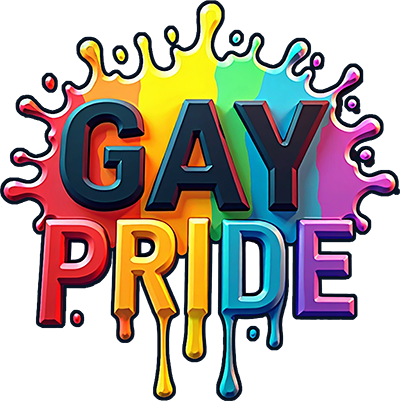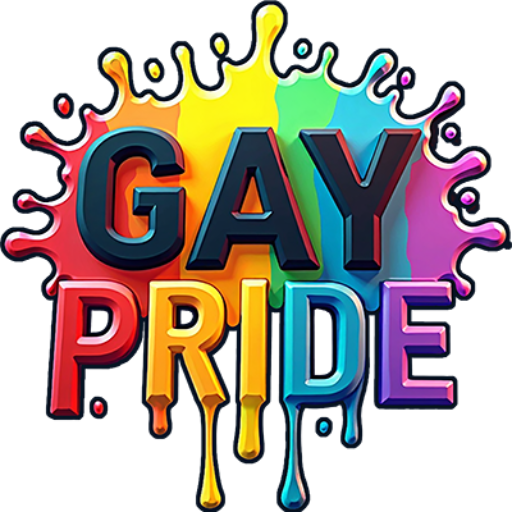LGBTQ Allies: How to Support Your Friends and Family
In today’s world, being an ally to the LGBTQ community is more important than ever. As societal norms evolve, so do the ways in which we can offer our support. Whether you are a family member, friend, or colleague, understanding how to be an effective ally can make a significant impact. Let’s explore ways you can support your LGBTQ friends and family with empathy and love.
Table of Contents
1. Understanding LGBTQ+ Terminology
2. Listening and Learning 🤔
3. Creating Inclusive Environments 🌈
4. Using Your Voice 🎤
5. Conclusion
6. FAQs
Understanding LGBTQ+ Terminology
Before you can be an effective ally, it’s essential to understand the terminology used within the LGBTQ community. Words hold power, and using them correctly can show respect and support. Familiarize yourself with terms like lesbian, gay, bisexual, transgender, and queer, as well as lesser-known terms such as pansexual, non-binary, and genderqueer.
Remember, language is constantly evolving, and it’s okay to ask questions if you’re unsure about certain terms. Most importantly, always use the pronouns and names that individuals prefer. This simple act of respect goes a long way in showing your support.
Listening and Learning 🤔
One of the most impactful ways to support your LGBTQ friends and family is by listening. Every person has a unique story, and taking the time to understand their experiences can create a deeper connection. Be open to having conversations and don’t shy away from difficult topics. Your willingness to listen can provide much-needed validation and support.
Additionally, educate yourself on LGBTQ issues. Read books, watch documentaries, and follow LGBTQ activists online to broaden your understanding. This continuous learning helps you become a more informed ally and enables you to address misconceptions and stereotypes effectively.
Creating Inclusive Environments 🌈
Creating a welcoming and inclusive environment is crucial for making LGBTQ individuals feel safe and valued. Whether it’s your home, workplace, or community space, small changes can make a big difference. Here are some ideas:
✨ Decorate with pride symbols like flags or stickers to show support.
✨ Encourage inclusive language in conversations.
✨ Advocate for inclusive policies and practices in your organization or community.
✨ Celebrate LGBTQ events, such as Pride Month, to raise awareness and show solidarity.
These actions not only support your LGBTQ friends and family but also foster a culture of acceptance and equality.
Using Your Voice 🎤
Your voice is a powerful tool for advocacy. Speak up against discrimination and injustice whenever you witness it. Whether it’s in a casual conversation or a public forum, standing up for LGBTQ rights demonstrates your commitment to equality.
Engage in discussions and use your platform, no matter how big or small, to amplify LGBTQ voices. Support organizations and initiatives that promote LGBTQ rights and equality. By using your voice, you can help drive positive change in society.
Conclusion
Being an ally to the LGBTQ community is a journey of understanding, empathy, and action. By educating yourself, listening to others, creating inclusive environments, and using your voice, you can make a meaningful difference. Remember, your support can empower your LGBTQ friends and family to live authentic and fulfilling lives.
FAQs
Q1: How can I be more inclusive in my language?
A: Use gender-neutral terms, ask for preferred pronouns, and educate yourself on LGBTQ terminology to ensure your language is inclusive and respectful.
Q2: What should I do if I make a mistake in using someone’s pronouns?
A: Simply apologize, correct yourself, and move on. It’s important to show that you respect their identity and are willing to learn.
Q3: How can I support LGBTQ youth?
A: Offer a safe space for them to express themselves, listen to their experiences, and connect them with LGBTQ support groups and resources.
Q4: Are there specific resources I can use to learn more about LGBTQ issues?
A: Absolutely! Consider checking out resources from organizations like GLAAD, PFLAG, and The Trevor Project for comprehensive information on LGBTQ issues.
Q5: How can I get involved in advocating for LGBTQ rights?
A: Participate in local LGBTQ events, support LGBTQ-friendly businesses, and engage with advocacy groups to stay informed and involved in the movement for equality.

